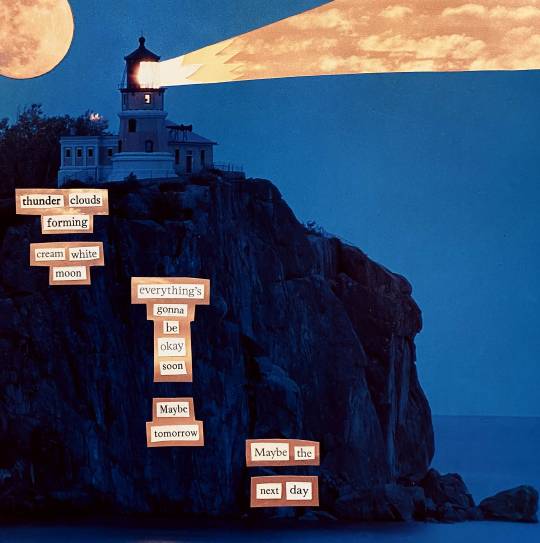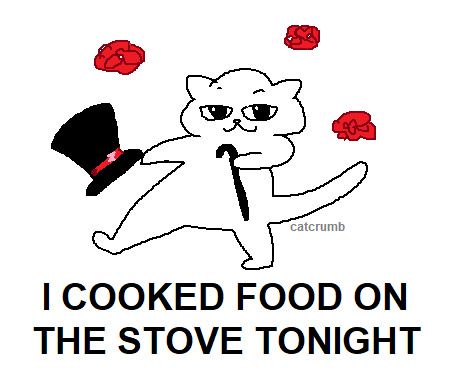Text


Office of The Old Lion Publishing House (Vydavnytstvo Staroho Leva), Ukraine
412 notes
·
View notes
Text

Kaveh Akbar, from “Rimrock“, Calling a Wolf a Wolf
187 notes
·
View notes
Text

Harry Dean Stanton, Wim Wenders, and other crew members during the shooting of Paris, Texas (1984).
400 notes
·
View notes
Text
sometimes you think oh maybe uni's not so bad, maybe i can be #productive and #study real good this semester and then you get hit by a ptsd beam and develop a fear of a fucking electronic mail system
1 note
·
View note
Text
Ballet, like opera, is wonderful because it is monstrous, the hyper-development of skills nobody needs, a twisting of human bodies and souls into impossible positions, the purchase of light with blood.
Irina Dumitrescu, "Swan, Late: The unexpected joys of adult beginner ballet."
13K notes
·
View notes
Text

20K notes
·
View notes
Text
“Libraries, archives, and museums all find themselves at the intersection of materiality and the mystical. Perhaps this is why we’re so quiet when we enter them.”
— Jenn Shapland, “Finders Keepers” in Tin House (via in-the-middle-of-a-daydream)
16K notes
·
View notes
Text

this split second frame is very dear to me
#the tags on this post#why are we so human about a fictional guy#гризу спинку стільця#true detective
153 notes
·
View notes
Text

Game Shows Touch Our Lives, The Mountain Goats [x]
3K notes
·
View notes
Text

Robert Seldon Duncanson - "The Caves" (1869)
94 notes
·
View notes
Text
I feel like the common literacy advice to "read critically" is very daunting when you first start reading (especially in self study) non fiction or theory and you keep experiencing the common "agree with the last position you heard" problem. this problem persists for much longer than people like to think it does - how are you supposed to question opinions you hear if the thesis of every book you read is the first opinion you ever encountered on a topic? how do you know what to think when everyone tells you they're right? this is just my experience but for me the two things that helped the most were:
to read criticism; reviews of books, someone's 10 note tumblr post, essays that respond to those ideas, twitter threads, your friend who took a class one time, etc. simply put, the more you steal people's opinions, the more you can sharpen your own. this gave me an idea of what the stakes are, how to pick and choose useful and useless aspects of a text, and, metatextually, what kind of aspects of a text can be criticized, a scope that is much much bigger than I initially thought, and:
to focus on a single topic at first. it's seductive to want to read everything because of the way people write those theory essential reading lists but only reading one seminal book on each topic is not a way to develop your understanding. by starting with various books that deal with a specific topic that interests you (for me, 19th century french psychiatry) you can get a better sense of the various approaches to a topic, the way historians contradict and respond to each other, the difference between an academic book, a news article, an anonymous anarchist library essay, and a communist propaganda leaflet on the same topic, and most importantly: you realize, as you accumulate knowledge, that published writings are often wrong and false! and realising the scope of this helps you be more confident in doubting and questioning any piece of writing in a critical way.
2K notes
·
View notes
Text













true detective (season 1) // syd matters — lost bird
#у мене дуже багато думок з цього приводу але їх можна помістити в слово gutted цим predicament#вони#true detective
38 notes
·
View notes
Text
The world is violent and mercurial — it will have its way with you. We are saved only by love — love for each other and the love that we pour into the art we feel compelled to share: being a parent; being a writer; being a painter; being a friend. We live in a perpetually burning building, and what we must save from it, all the time, is love.
Tennessee Williams
5K notes
·
View notes


